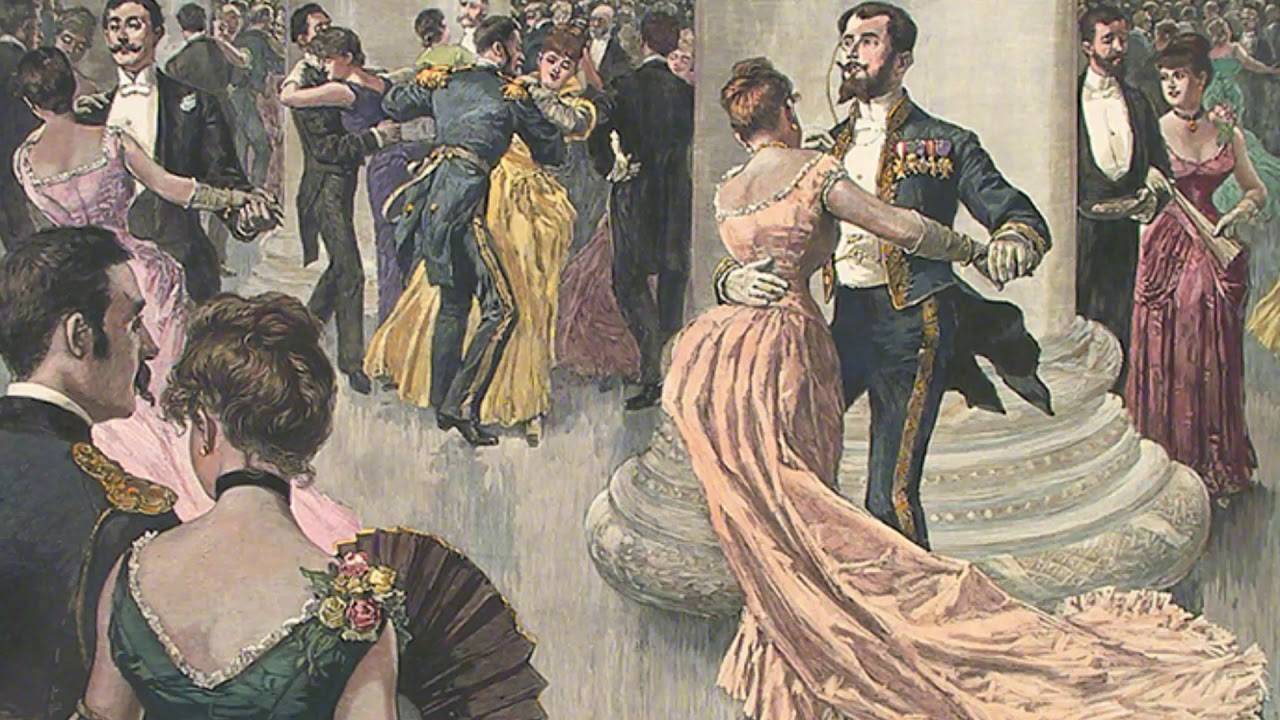Different countries and cultures have different etiquette. What is considered normal or even polite behavior in one country may turn out to be offensive in another.
Sometimes conflict situations arise due to cultural differences and ignorance of local etiquette. Therefore, there are special experts who help public people avoid awkward situations while communicating with representatives of other cultures.
Japanese etiquette is considered one of the most difficult. There are many different bows in it, and the preferred bow depends on the status of the people present at the meeting, their age, social status, and other factors. The Japanese understand this perfectly, of course, but it’s super difficult for foreigners.

There is no polite address like “sir” or “miss” in Russian. In the Soviet Union, people addressed each other as “comrade”. After the collapse of the Soviet Union, they stopped using this word. Now Russians address strangers using the words “man” and “woman”.
In theory, the rules of etiquette are the same for everyone, but in fact, the attitude towards foreigners may be different in countries with a conservative culture. There are very complex rituals of greeting, farewell, etc. in Korea and Japan, but locals often don’t bother with all these difficulties when communicating with foreigners. This makes sense: most foreigners wouldn’t understand that anyway.

Etiquette also varies greatly in different European countries. However, its basic norms are similar for most European countries more or less. Most of them were formed among the French nobility in Versailles during the reign of King Louis XIV.
Violation of the rules of behavior in some countries of the Middle East can lead to serious consequences. The penalty can range from a fine to physical punishment or imprisonment. Very strict rules apply in Yemen and Saudi Arabia.

Touching someone’s head is a gross violation of etiquette in countries with mostly Buddhist population. It is believed that the head is the receptacle of the soul, so touching it is forbidden for everyone except spouses and other family members.
The rules of etiquette around the world vary considerably, sometimes even within the same country. For example, what is considered polite in the north of China, may be considered impolite and ignorant in the southern regions of that country.

In Western countries, people usually say something like “Bless you” or “Be healthy” to the person who sneezed. However, in some Asian countries, a person who just sneezed must apologize to the people around him or her.
Etiquette rules in many cultures don’t allow a man to carry women’s purses, even if the lady asked for help. This may be regarded as inappropriate behavior for a man.

Men do not shake hands when meeting in most countries of the Middle East and Asia. Touching other people, especially strangers, is considered impolite there.
The rules of etiquette regarding the use of plastic bags are the same in all countries. They cannot be used anywhere as permanent bags! They should be used only to carry purchases from the store.

The rules of etiquette prescribe men shake hands firmly and confidently in Western countries. A lazy and weak handshake is considered an expression of neglect. However, it’s totally the opposite in some Eastern cultures.
